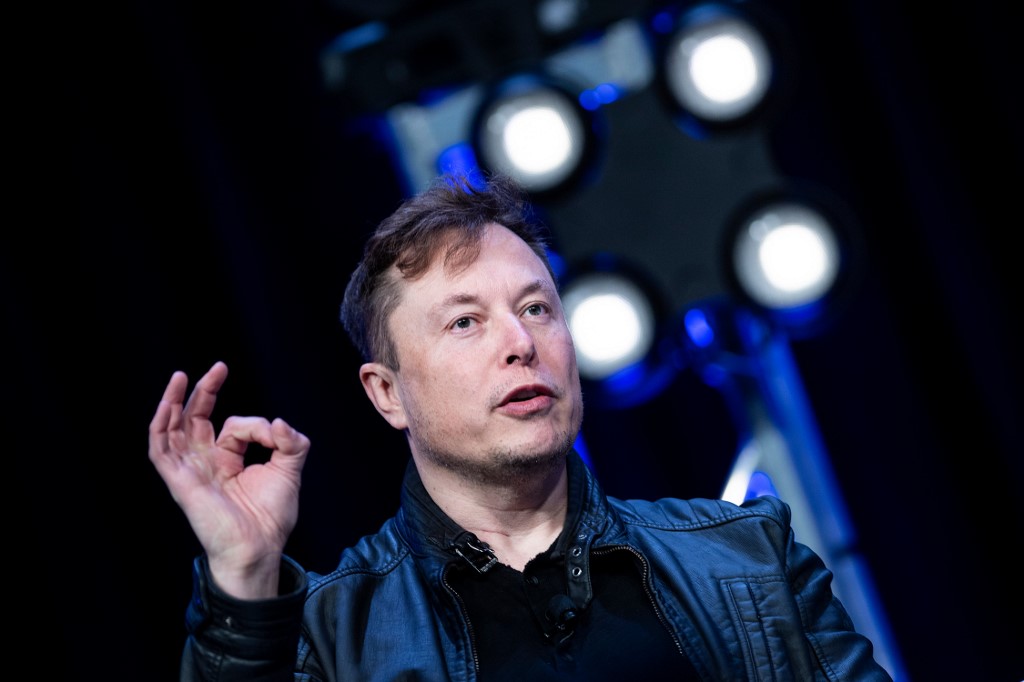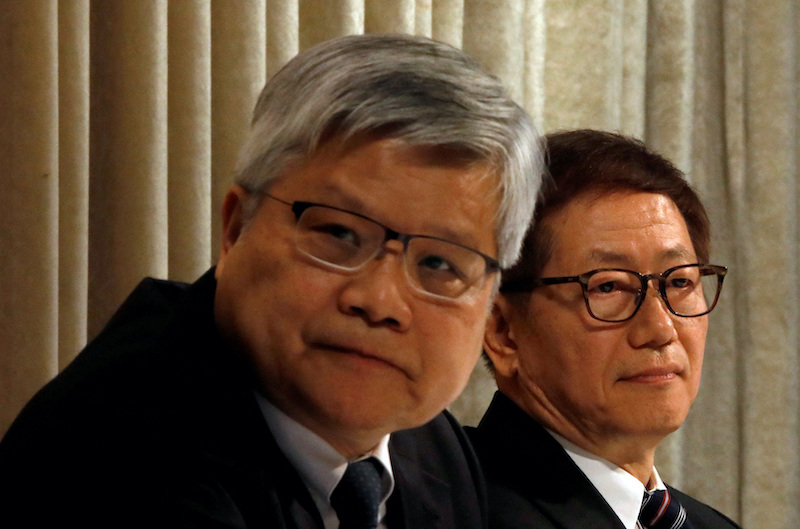(ATF) India has offered to give Elon Musk the lowest production prices in the world in a bid to try to get him to make electric vehicles in the country, rather than just assemble his cars there.
Transport minister Nitin Gadkari said yesterday the country is ready to offer incentives to ensure Tesla’s cost of production in India is less than China if the carmaker commits to making its electric vehicles in the south Asian country.
Gadkari’s pitch comes weeks after billionaire Elon Musk’s Tesla registered a company in India in a step towards entering the country, possibly as soon as mid-2021. Sources familiar with the matter have said Tesla plans to start by importing and selling its Model 3 electric sedan in India.
While Tesla had registered a subsidiary in India in January, it has not divulged details of its operational plan and models in the pipeline for the country.
“Tesla’s Indian operations will start with a research and development centre, its second outside the US,” was all that the company said while announcing its India plan.
To push Tesla to make its cars in India, Gadkari offered higher concessions if the US-based company opts for full local manufacturing of its cars rather than settling for an assembly operation, wherein a car is put together using imported parts.
“Rather than assembling (the cars) in India they should make the entire product in the country by hiring local vendors. Then we can give higher concessions,” Gadkari said in an interview to Reuters without giving details of what incentives would be on offer.
Boost to manufacturing sought, plus cut pollution
“The government will make sure the production cost for Tesla will be the lowest when compared with the world, even China, when they start manufacturing their cars in India. We will assure that,” he said.
India wants to boost local manufacturing of electric vehicles (EVs), batteries and other components to cut costly imports and curb pollution in its major cities.
This comes amid a global race by carmakers to jump-start EV production as countries work towards cutting carbon emissions.
Tesla’s entry thus, is likely to intensify the race in the electric vehicles space as close to a dozen electric car models from BMW, Porsche, Audi, as well as local carmakers like the Tatas and Mahindra are slated to hit Indian roads this year.
Yet, India faces a big challenge to win a production commitment from Tesla, which did not immediately respond to an email requesting comment about its plans in the country.
India’s fledgling EV market accounted for just 5,000 out of a total 2.4 million cars sold in the country last year as negligible charging infrastructure and the high cost of EVs deterred buyers.
In contrast, China, where Tesla already makes cars, sold 1.25 million new energy passenger vehicles, including EVs, in 2020 out of total sales of 20 million, and accounted for more than a third of Tesla’s global sales.
Policy push
India doesn’t have a comprehensive EV policy like China, the world’s biggest auto market, which mandates companies to invest in the sector.
But India has been trying to get its strategy to push electric vehicles at least since the Faster Adoption and Manufacturing of (Hybrid) and Electric vehicles (FAME) policy.
From a regulatory perspective, programmes such as the National Electric Mobility Mission Plan launched this year are trying to push manufacturers towards electric cars. And several of India’s largest states have schemes at the local level to drive to encourage production.
To boost investment, India also recently announced $4.6 billion in incentives for companies setting up advanced battery manufacturing facilities.
A big EV market
But experts say that while EV makers earlier depended on government incentives to push adoption, many are now moving towards strategies like price reduction, financing schemes, technology push, emphasizing on awareness, promoting new use cases like fleet use, mass mobility, etc.
Gadkari said besides being a big market, India could be an export hub, especially with about 80% of components for lithium-ion batteries now being made locally.
“I think it’s a win-win situation for Tesla,” Gadkari said, adding he also wanted to engage with Tesla about building an ultra-high-speed hyperloop between Delhi and Mumbai.
The good news is, with these changes India is now at an inflection point of EV adoption, industry sources say.
Switching to cleaner sources of energy and reducing vehicle pollution are seen as essential for India to meet its Paris Accord climate commitments.
India is also a country with a massive dependency on oil imports. The oil import bill topped $100 billion in the 2020 fiscal year, and pollution in many Indian cities has reached alarming levels.
India introduced tougher emission rules for carmakers last year to bring them up to international standards. It is now looking at tightening fuel efficiency rules from April 2022, which industry executives say may compel some automakers to add electric or hybrid vehicles to their portfolios.
But battered by the Covid-19 pandemic, the industry says it needs longer to make the transition.
Gadkari said he was not directly responsible for making that decision on whether to delay, but was confident India would meet its Paris treaty commitments without disrupting economic growth.
“Development and environment will go hand-in-hand. We will take some time but we will soon reach the international standard norms,” he said.
All these factors combined make a strong case for electric cars and given the present and projected level of EV penetration in the country, and experts say EVs could be a Rs 500-billion ($7 billion) opportunity by 2025.
With reporting by Reuters
























